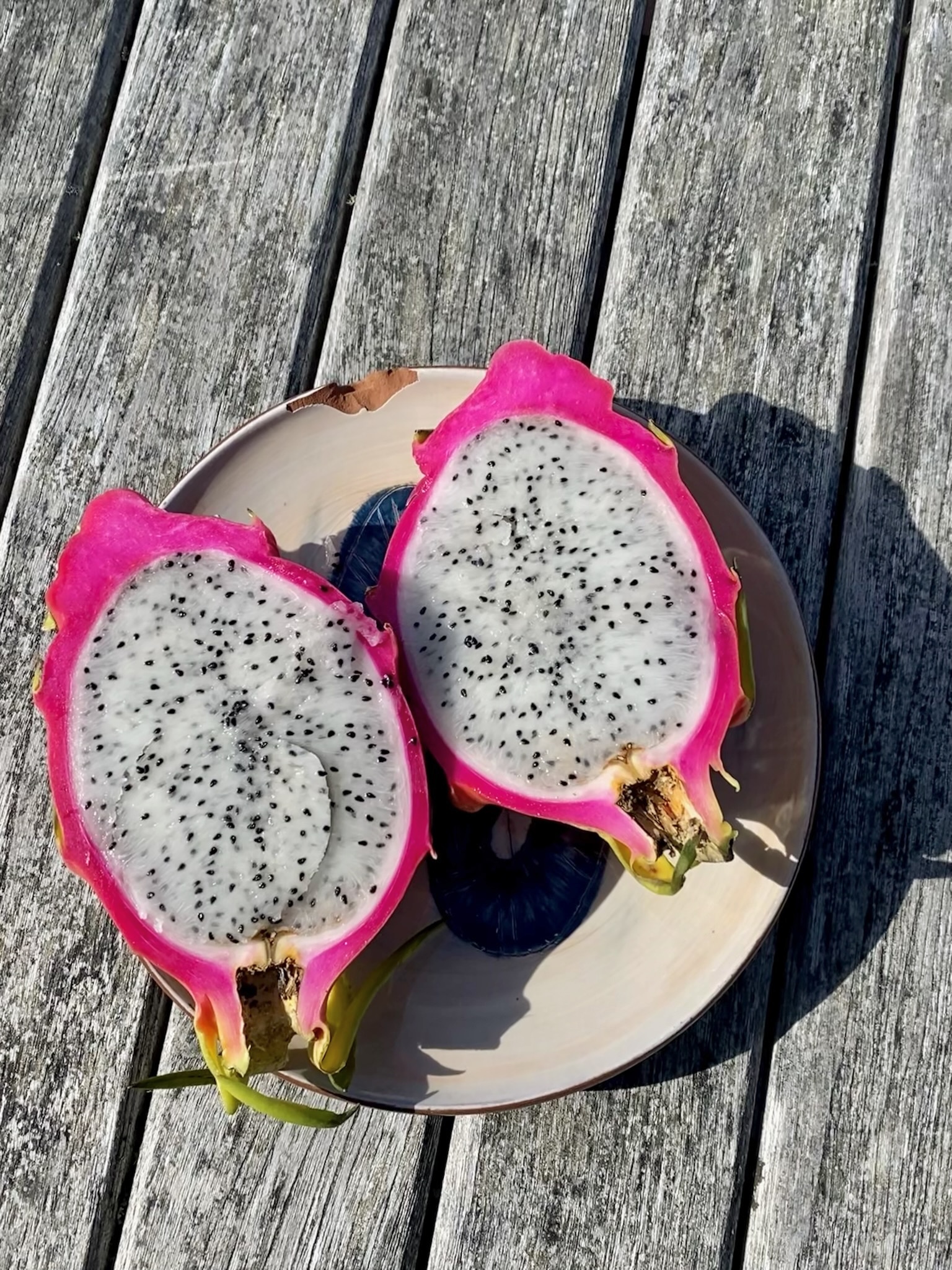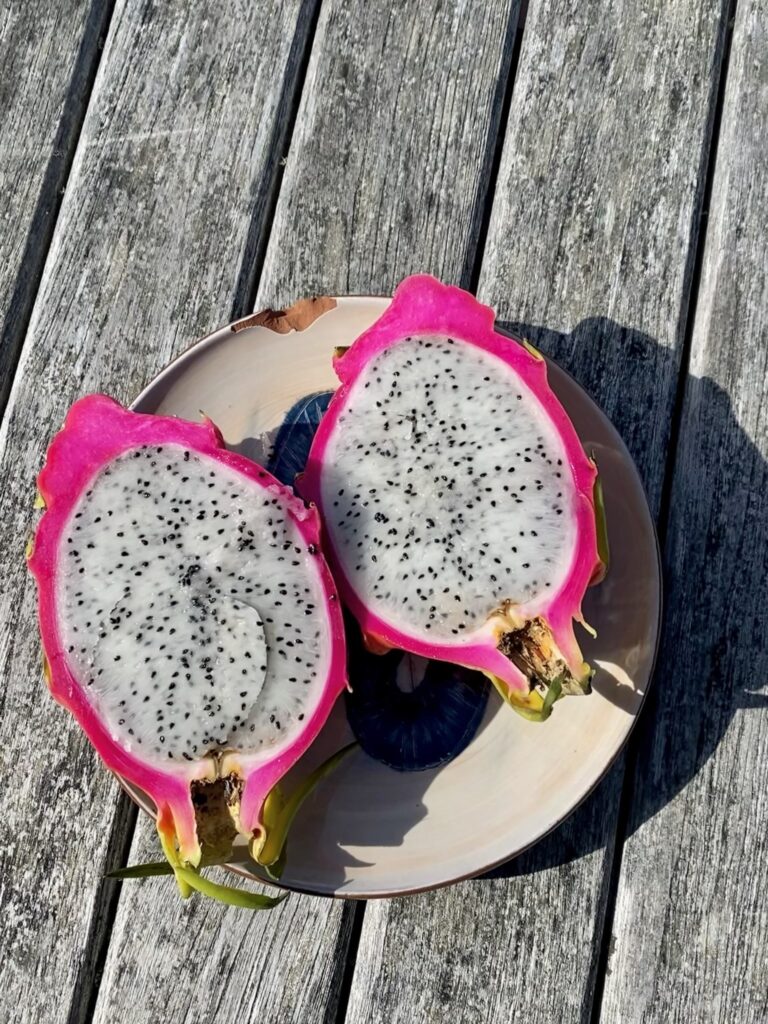The Blog
Be Your Gut’s Best Friend

By: Chelsea Rae Bourgeois, MS, RDN, LD
Digestive system problems such as heartburn, bloating, gas, and constipation can really throw a wrench in your day, but as it turns out, it’s important to address them on a much larger scale. Digestive issues can be a reflection of what’s happening throughout your entire body. When our gut health is in check, we are less likely to experience damaging inflammation or a dip in our immune function.
The leading influencers of gut health include changes in stomach acid, gut immunity, and gastrointestinal flora. The good news? There are so many things we can do to take care of our gut health. Including foods that support digestive health is essential, but so is adequate sleep, stress management, and physical activity.

Eating for Gut Health
It is recommended that the average adult consumes 25–35g of fiber daily.1 But unfortunately, only about 5% of us are meeting that recommendation.2 So, how can you ensure you’re getting enough fiber daily? First, we need to know exactly what fiber is.
Dietary fiber is material from plant cells that cannot be broken down by enzymes within the human digestive tract. It is categorized into two types: soluble and insoluble fiber. Soluble fiber absorbs water during digestion, helps bulk stool, and may help lower cholesterol. It can be found in fruits, vegetables, oats, lentils, barley, and more.
Insoluble fiber remains unchanged during digestion but encourages normal movement within the intestines. It can be found in fruits with peels and seeds, vegetables, whole grain products, brown rice, cereals, bran, and more.
Increasing your fiber intake can be both simple and delicious. Adding fiber-rich foods to your meals increases the health benefits of your intake and adds texture and variety.
Here are some ways to increase your fiber:
Grains
- Whole wheat flour contains slightly more fiber than white flour.
- Choose whole-grain bread.
- Consider whole-wheat pasta, crackers, cereals, etc.
Fruits and Vegetables
- Try to include fresh fruits and vegetables daily.
- Prioritize whole fruits instead of drinking juices.
- Consider adding dried fruits to your baking dishes.
Legumes and Beans
- Add beans to your salads when possible.
- Try meals that use legumes or beans as the main dish.
- Consider including beans with the meat portions of meals.
Additionally, including probiotic foods in a balanced diet helps to support the gastrointestinal flora. Probiotics are live microorganisms that help maintain a healthy balance in your body by fighting off “bad” bacteria. Probiotics can be obtained through supplements or through the fermented foods we eat.3
Examples of fermented foods include:
- Yogurt
- Kefir
- Sauerkraut
- Kombucha
- Miso
- Tempeh
- Soft cheeses
While probiotics fight the “bad” bacteria, prebiotics help feed the “good” bacteria. When consumed, prebiotics are fermented as they pass through the intestines and produce essential nutrients that nourish the digestive system.4
Some examples of prebiotic-rich foods include:
- Mushrooms
- Chickpeas
- Seaweed
- Asparagus
- Chicory root
- Oats
- Wheat bread
- Wheat pasta
Sleep
Adequate sleep is essential to our overall health, including our digestive health. Inadequate sleep is linked to a higher prevalence of weight gain, increased stress, and increased vulnerability in our immune system, all of which can play a role in digestive issues. During sleep, the tissues in your digestive system can repair and rebuild. Without adequate rest, digestion continues, and we find ourselves vulnerable to problems and inflammation.
So, how can you best set yourself up for a good night’s rest? Consider these ideas:
- Try to avoid large meals right before bedtime. If you’re hungry before bed, consider eating a small snack such as an apple and cheese or nut butter.
- Follow a bedtime routine. Consistency is critical when forming helpful sleep habits.
- Create a calm and peaceful space that allows you to eliminate outside stressors and focus only on sleep.
- Avoid technology right before bed.
Stress Management
The phrase “stomach in knots” suddenly makes sense when we realize stress can induce digestive problems. Amazingly, the brain and gut are connected and constantly communicating. There are more neurons in the gut than in your entire spinal cord. The central nervous system controls the gut. When stress triggers a response from the central nervous system, we can see effects such as esophageal spasms, increased stomach acid production, nausea, diarrhea, and constipation. It can also exacerbate existing gastrointestinal disorders such as irritable bowel syndrome, inflammatory bowel disease, reflux, and peptic ulcers.
Stress looks different in each person’s life, but there are many ways to manage our stress:
- Incorporate physical activity into your day.
- Consider trying psychotherapy.
- Meditation
- Manage your time and set boundaries.
Physical Activity
When the body is in motion, blood flow increases and improves circulation in all body areas, including the digestive tract. Furthermore, physical activity stimulates the production of mood-elevating endorphins and decreases the body’s stress hormones, cortisol and adrenaline. It is essential to discuss your physical activity with your healthcare provider, but the general recommendation for the average adult is approximately 30 minutes of exercise daily.
Wrapping It Up
Our gut serves us in many ways, and managing its health is essential to many aspects of our overall health. What we eat, the amount of sleep we get each night, how we handle stress, and our physical activity all play a role in keeping our digestive system in working order. And all those choices we make with our gut health in mind also directly help other areas of our bodies. If you have concerns about your digestive health, seek the guidance of your doctor or dietitian and see what your healthy gut can do for you.
References
- USDA. Dietary Guidelines for Americans, 2020-2025.
- Quagliani D, Felt-Gunderson P. Closing America’s Fiber Intake Gap: Communication Strategies From a Food and Fiber Summit. Am J Lifestyle Med. 2016;11(1):80-85. Published 2016 Jul 7. doi:10.1177/1559827615588079
- Bodke H, Jogdand S. Role of Probiotics in Human Health. Cureus. 2022;14(11):e31313. Published 2022 Nov 9. doi:10.7759/cureus.31313
- Davani-Davari D, Negahdaripour M, Karimzadeh I, et al. Prebiotics: Definition, Types, Sources, Mechanisms, and Clinical Applications. Foods. 2019;8(3):92. Published 2019 Mar 9. doi:10.3390/foods8030092
Comments will load here
Be the first to comment